AMA: James Higgins, founder of Ethical Bedding
We caught up with James Higgins, the founder of Ethical Bedding, an eco-friendly bedding brand raved about in Good Housekeeping, The Times and beyond.
Manage your equity and shareholders
Share schemes & options
Equity management
Migrate to Vestd
Company valuations
Fundraising
Launch funds, evalute deals & invest
Special Purpose Vehicles (SPV)
Manage your portfolio
Model future scenarios
Powerful tools and five-star support
Employee share schemes
Predictable pricing and no hidden charges
For startups
For scaleups & SMEs
For larger companies
Ideas, insight and tools to help you grow
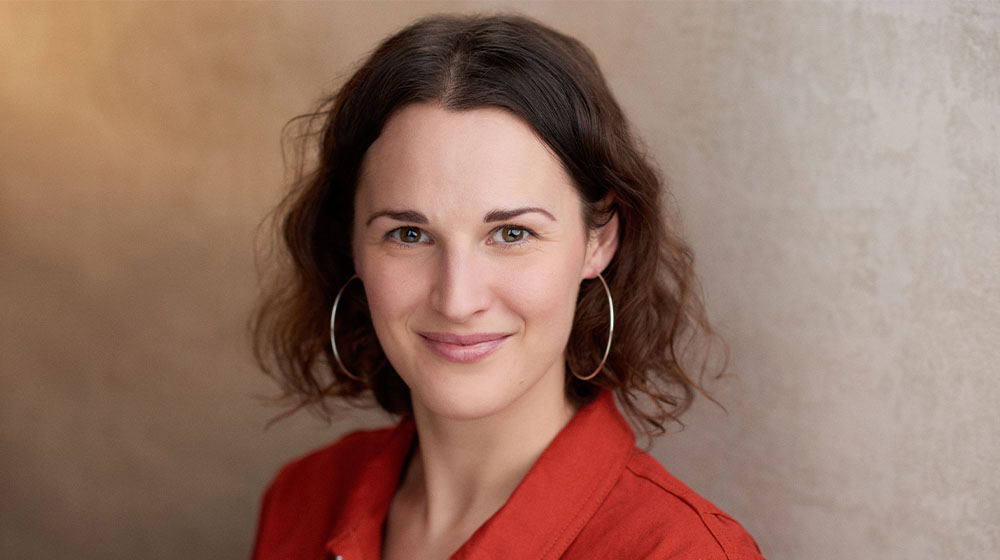
ERIC is a one-stop shop for youngsters looking for openings in creative industries. We talked to co-founder Samantha Hornsby and asked her how it all began.
The ERIC app provides 16-25-year-olds access to thousands of upskilling opportunities in creative industries and connects them with the hundreds of organisations (like BFI, Into Games, ITV, Warner, Penguin, and Publicis) that are looking to help young people get into work.
With over 40,000 users a year after launching and a fast-growing client base, ERIC is taking the careers world by storm.
It's the first of its kind in the careers/recruitment space; it aggregates all the existing creative careers programmes, internships, apprenticeships, events, and workshops that have been posted online and embeds them all on the app to provide an easy browsing experience for its users.
Opportunities can be curated depending on a young person’s creative interests, situation, location, age and other variable factors.
Created along with my best friend of 24 years, Mae Yip, the idea came from our own experience of trying and failing to get into creative industries.
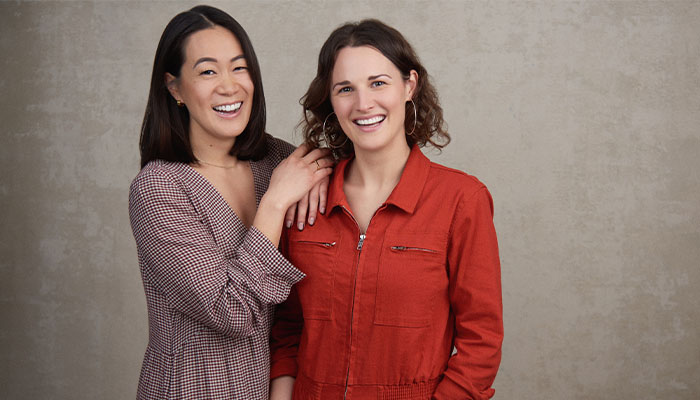
Mae Yip (left) and Samantha Hornsby (right).
We've hit a few roadblocks, but nothing we haven't overcome. The first being that we are two founders with zero tech knowledge, who had an ambition of building an app.
Navigating this new tech world was the first big roadblock for us.
It really helps having a co-founder who's your best friend too, because you can kind of laugh your way through these quite challenging situations!
We never look for qualifications, but always attitude. We believe the best startup teams are built by people who believe in the mission so strongly that they're already doing something about it in their own free time. This means your values are truly aligned.
Attitude is everything.
Everyone on our team has fought for the cause of democratised access to the creative industries (the core mission of ERIC) in their own time in some way, before joining the team. That really shows us that they'll champion the cause both internally and externally, and they'll share as much passion for ERIC as the founders do.
We actually used to be an events company! We ran ERIC as an alternative careers fair event series for 5 years before the pandemic.
It was very successful, but when the pandemic hit we decided to rethink the model as it wasn't scalable and we wanted to get more to the root of the issue for the young people and organisations we were serving.
We wanted to focus on the discovery issue that was happening - organisations were putting time and money into creating things to help young people gain access to the creative industries, but they were struggling to find the young people they were trying to help.
And on the other side, the young people were looking for things to help them, but they couldn't find the opportunities that were right for them. That's when we realised the solution was in a marketplace platform that connected the two sides. So we built the app.
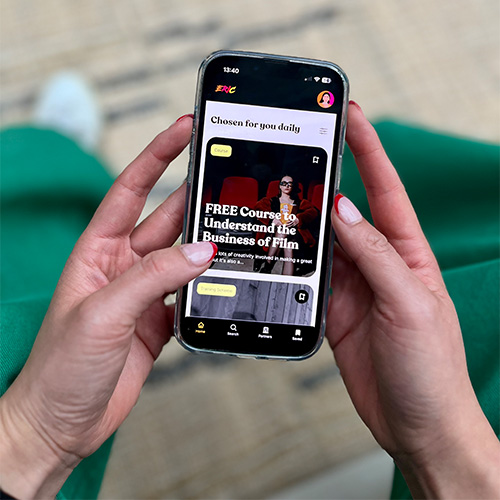
I'm more of a hands-on learner, and I struggle to have the patience for mentoring and advice. I just want to get to the action quicker. I think I'm a bit impatient like that - and I know I'm not the only one in the founder community!
Some people aren't very good at sitting still and talking about theory or learning from others' mistakes. I have to make the mistakes myself. But it’s great that Mae's so good at taking advice and she thrives from mentorship.
Our advisors know that Mae and I have very different personalities, so I think they accommodate my short attention span! We're so grateful for them - they really are fantastic when we have a tough decision to make or we have a specific ask.
They do know us very well and that's helpful when we're having tough conversations because they know how to deliver advice in a way that's most useful to us.
Lean into your personality type, identify your strengths and find someone who can fill the gaps.
Don't try to be someone you aren't.
You'll waste so much time and energy doing things that aren't natural for you - and you probably won't produce very good results. And time and energy run out very quickly when you're a founder.
Yes, we have an employee share scheme. It means they're fighting even more for the success of the company. And it gives them a long-term financial goal to work towards.
There are two things:
We don't need to travel back in time - we would meet Melanie Perkins, CEO and co-founder of Canva.
She really is an entrepreneur of our time; she's built something that democratises access to a creative skill for tens of millions of people across the world, and she's done it as a woman in a world full of men; many of whom tried to gatekeep her out when she tried to raise investment.
Also, her attitude to extreme wealth sets a standard for the next generation of entrepreneurs. She truly is an inspiration to us.
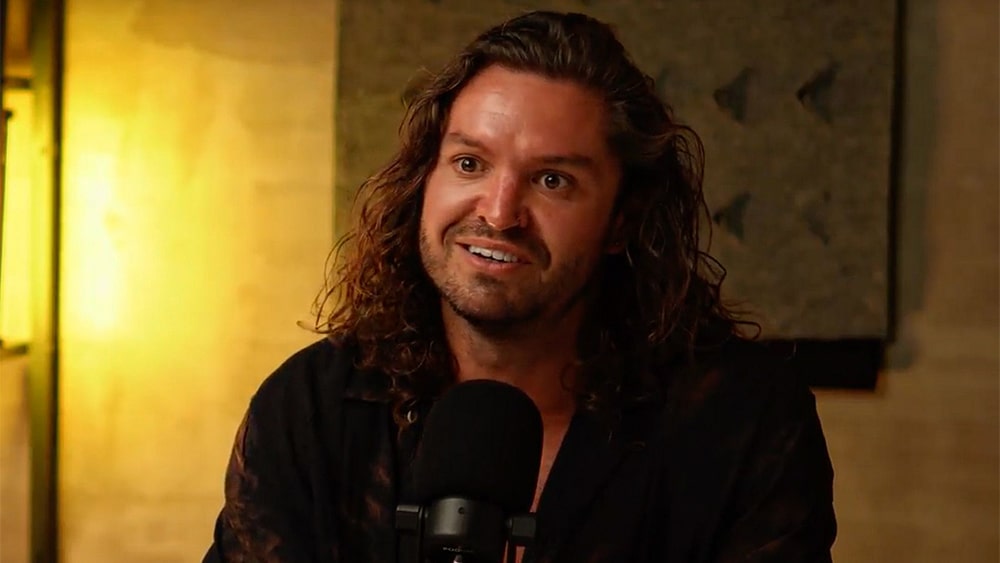
We caught up with James Higgins, the founder of Ethical Bedding, an eco-friendly bedding brand raved about in Good Housekeeping, The Times and beyond.
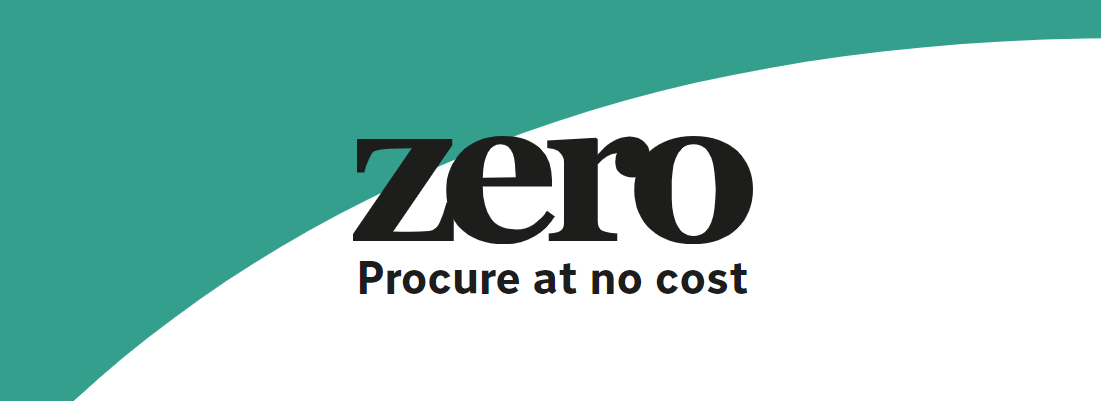
They say that necessity is the mother of invention, and throughout the pandemic, we've seen numerous businesses spring up to meet newly realised...
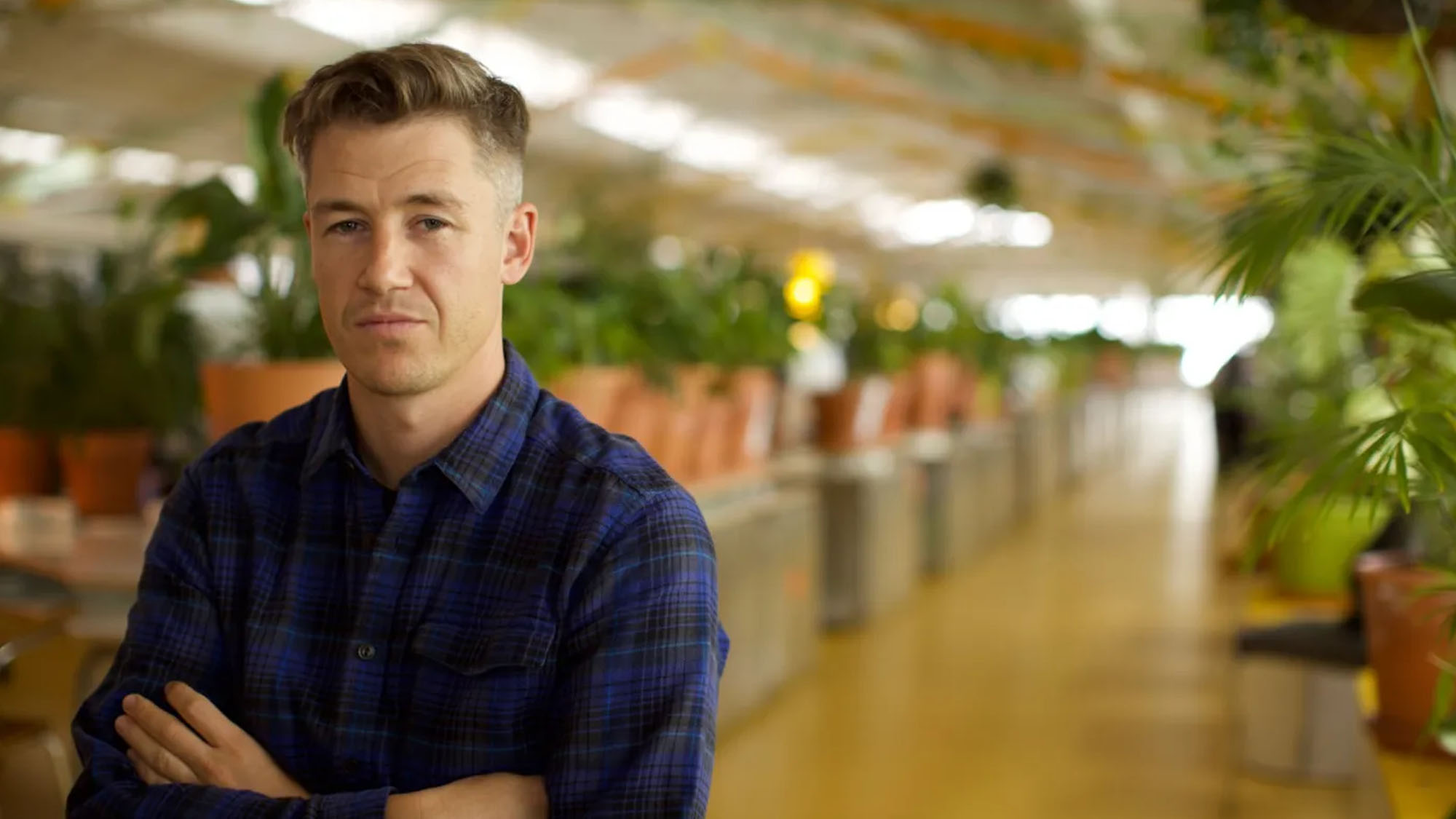
We caught up with Nick Root, the founder of Intergiro, a super simple fintech that aims to bring corporate banking 'out of the Stone Age'.